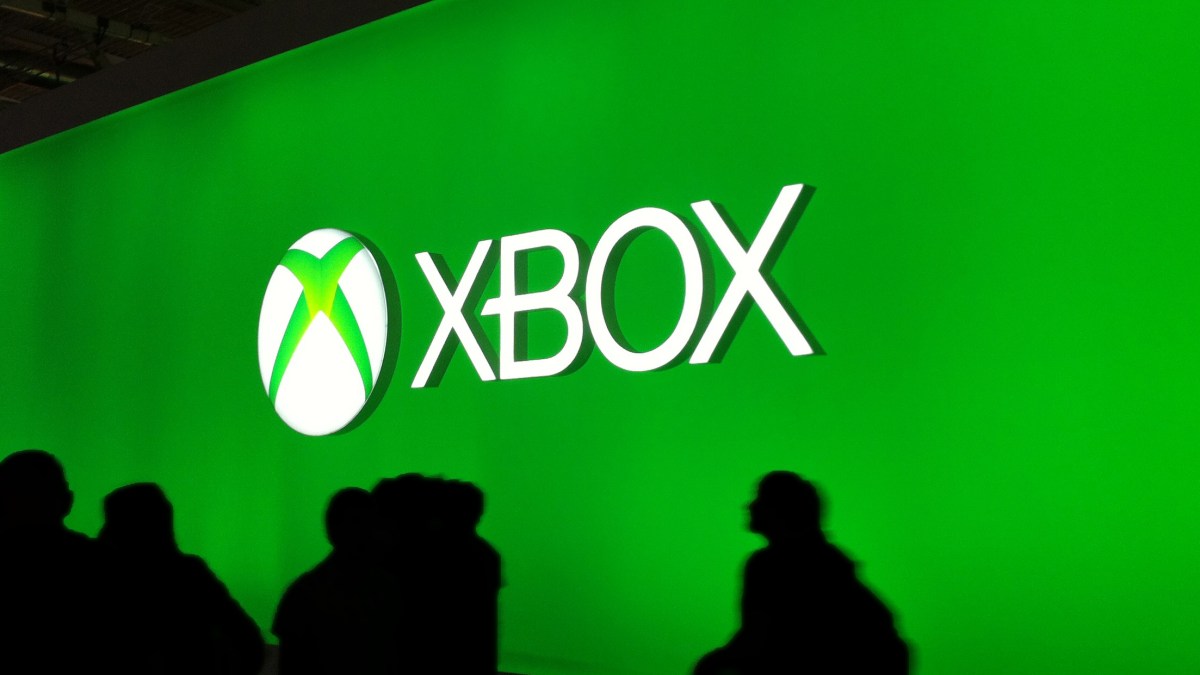Apple and its attorneys have asked the U.S. District Court for the Northern District of California to deem an earlier testimony in the Epic Games v. Apple trial from Microsoft Xbox vice president Lori Wright as not credible, according to a motion filed late on May 6.
Counsel from both Apple and Epic examined Wright, who Epic called to testify in her personal capacity, on May 5. Wright covered an array of topics, including whether or not Microsoft viewed the iPhone as a competitor to the Xbox, profit and loss around the sale of Xbox and its games, and the differences between open and closed software ecosystems. Now, Apple is asking the court to discredit her testimony.
The motion focuses on a lack of documents provided by Microsoft to back up claims made in Wright’s testimony, including her personal emails with Apple around the approval of Xbox Cloud Gaming service for App Store distribution and profit and loss documents to back up her claim that Xbox consoles do not make Microsoft money. Without the 30 percent commission it collects on digital games and in-app purchases, Microsoft would not turn a profit on Xbox at all, Wright said.
Apple’s counsel first asked the court to exclude Wright from the proceedings on April 9 unless she provided documents in ample time for them to review before their scheduled deposition on April 16.
The court declined that motion on April 12 and the deposition proceeded as scheduled. Apple said Microsoft produced 79 documents, but that the dump did not include Wright’s emails or other relevant documents. Epic then called Wright to speak again during the trial. Apple now argues that Wright and Microsoft’s legal team purposely withheld documents and that Wright is biased toward Epic in the Epic v. Apple dispute.
The judge has not responded to Apple’s request to deem Wright not credible as of this morning.
Wright’s testimony gave credence to arguments from both Apple and Epic’s attorneys. She said that Microsoft doesn’t believe the iPhone is a competitor to the Xbox, taking a dagger to Apple’s case that the Epic dispute is strictly a gaming issue. She also outlined how two operating systems developed by the same company, in Microsoft’s case Windows and Xbox, can share similarities but differ significantly on policy, a key argument of Apple’s for its own macOS and iOS. Overall, though, Wright’s testimony around xCloud painted Apple as a strict judge and jury around which apps make it onto iOS and the power that the company holds on the platform.
Wright was one of the most high-profile witnesses to testify so far during the trial. She spoke after two-day testimonies from Epic Games CEO Tim Sweeney and Nvidia GeForce Now director Aasish Patel, who, like Wright, also spoke about his company’s difficulty in publishing a cloud gaming app on the iOS App Store. On May 6, Apple App Store vice president Matt Fischer testified about the marketplace’s policies, including paid search placement and how Apple balances its own first-party apps against its sometimes more popular competitors.
Make sure to follow us on YouTube for more esports news and analysis.


